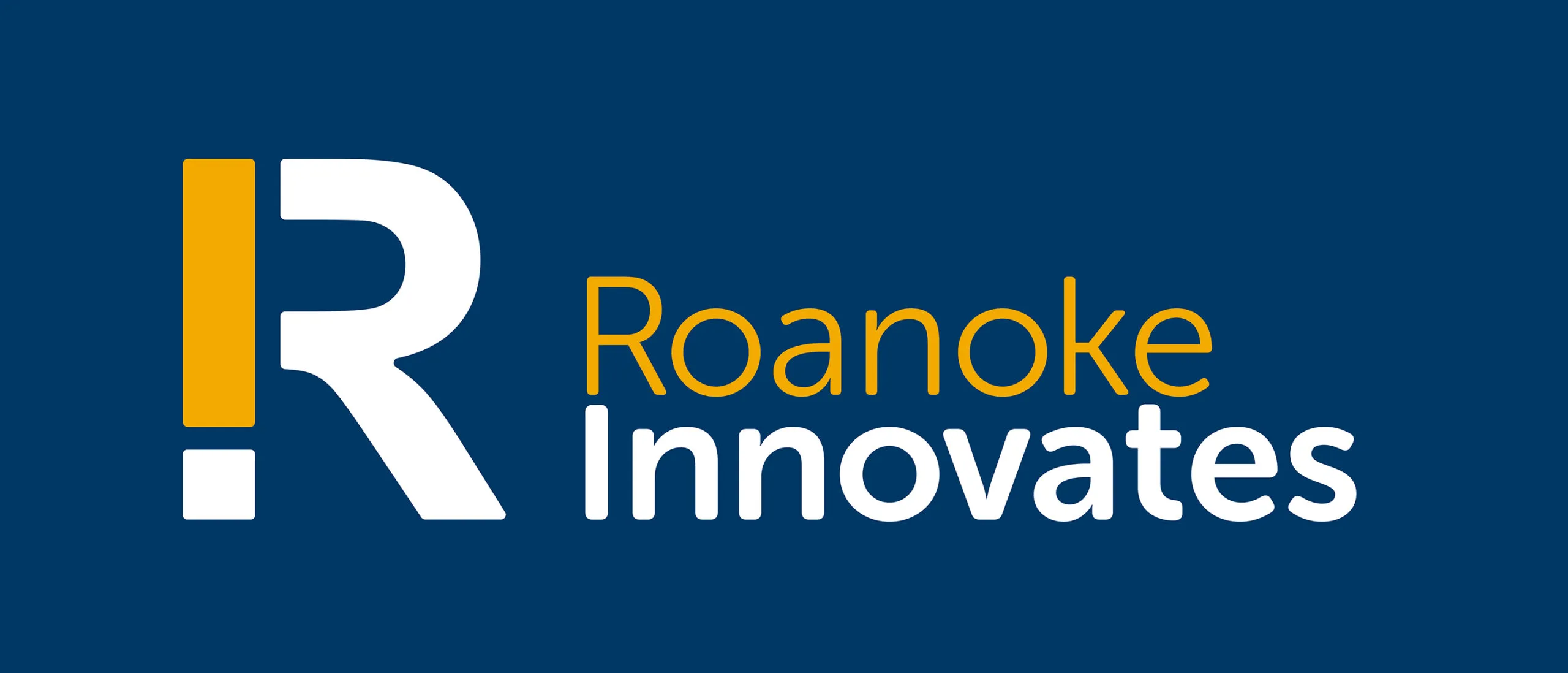July 12, 2019
Local tech company with VWCC connections partners with NASA

When scientists at the National Aeronautics and Space Administration (NASA) capture future pictures of Earth’s atmosphere, they might end up using technology containing components manufactured by former Virginia Western Community College faculty and students.
Based in Fincastle, Va.,
Micro Harmonics Corporation (MHC) is a technology company that specializes in
the creation of millimeter-wave components. The parts created by the company
allow users to access higher frequencies in the electromagnetic spectrum, and
can be used for a number of scientific and commercial purposes. For example,
automated cars, 5g wireless broadband access and airport security scanners all
utilize millimeter-wave technology. The components are also used by NASA for a
number of applications, including in the instruments that capture images of the
Earth’s ozone layer.
“We’ve been working under NASA funding through various contracts for the past
four years,” MHC chief executive officer David Porterfield said. “NASA’s been a
big pusher of all these technologies.”
Founded in 2008, MHC is
headed by Porterfield and his sister, former Virginia Western professor Diane
Kees. She taught engineering and mechatronics classes before joining the
company full time in 2017. Since acquiring a NASA small business innovation
research grant worth $750,000, Porterfield and Kees have worked diligently to
develop millimeter-wave components that can be used by commercial enterprises
and government agencies alike.
The company recently won an
additional two-year contract worth $750,000 from NASA to further develop some
of its products; that money will be used, in part, to develop components that
can function at cryogenic temperatures. So far, MHC has hired three graduates
of Virginia Western’s Mechatronics Systems Engineering Technology program to
work in its Fincastle laboratory.
“We actually offer tuition
reimbursement to employees,” Kees said. “We try to keep our students in school
so they’ll complete the mechatronics program.”
Kees, who continued working at Virginia Western for two years after joining
MHC, said that the company has had an easy time recruiting talented students.
The demand for millimeter-wave technology is expected to grow by 40 percent
each year over the next seven years, and its applications will only expand with
time.
“When I was teaching at (Virginia) Western and … I mentioned that we first got
the contract through NASA JPL, all my students’ jaws dropped,” Kees said. “That
was so exciting for them, that we got a contract with the Jet Propulsion Lab at
NASA.”
The company is also looking
for opportunities to improve their marketing and sales strategies. In May 2019,
MHC was one of six companies to be accepted to the Regional Acceleration and
Mentoring Program (RAMP), a Southwest Virginia business accelerator that helps
science, technology, engineering, math and health (STEM-H) companies test the
viability and marketability of their products. That yearlong program has
provided MHC with access to a number of business experts in the area, as well
as with $20,000 in seed capital.
“The RAMP program is helping
us in that transition to become a viable commercial business,” Kees said. “In
the meantime, we’re still working with NASA. They like what we’ve given them,
and they’re giving us more contracts.”
Porterfield said that as the company continues to expand its product offerings, it will seek out more talented employees, particularly through the mechatronics program at Virginia Western.
“We’re small now. We’re only five full-time employees and a part-time consultant who lives in the area,” Porterfield said. “But I could see us growing pretty rapidly.”
The post Local tech company with VWCC connections partners with NASA appeared first on Virginia Western News.
